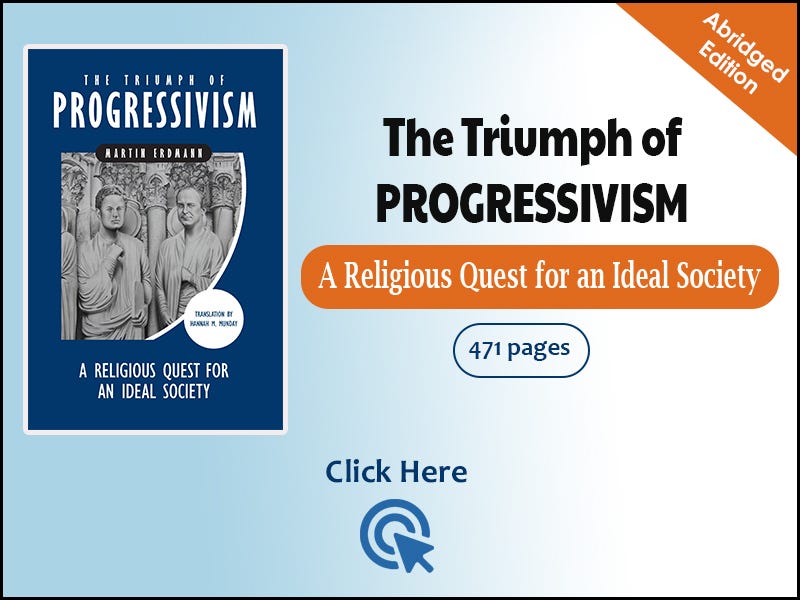Understanding Neo-Mercantilism is Key
When thinking about the future, two questions immediately come to mind: 1) Will everything continue more or less as it has in the recent past? 2) What happens if circumstances change drastically? The answer to the first question is a fairly easy one: very little will remain the same. The second question is much harder to answer. But it is, of course, the more important of the two if you are convinced that the near future will be different from the present. If you want to understand what changes might occur, you need to ask a third question: Where will the changes come from first, and how will they affect other areas of life? Will it be politics that changes? No, although it may seem so. Politicians are generally not known as forward-looking thinkers, except when it comes to their own careers; they react to what is immediately in front of them. That is why they always prefer short-term solutions to economic problems rather than long-term ones, even though they know that their quick action will cause much bigger problems in the distant future. These problems will then be left for their successors to deal with. This is an important reason for an inflationary policy. Being able to spend money in abundance wins more votes at election time than arguing for a deflationary economic policy, which leads immediately to a recession but takes months or years to bring about a solid recovery.
The most significant changes in a society always begin in the "economic" sphere, but are often only recognized as such after some time, when they become noticeable in other areas. Those who want to read the signs of the times must therefore look at the possible scenarios that arise when policymakers put one economic theory or another into practice. For many years, neo-mercantilism has been the preferred theory of leading politicians – of whatever party – in Western nations, and in all Western nations. By this I do not mean the nuances of a party platform in a politician's public statements – "yes, we are for open borders"; "no, we are against it" – but the much more important aspects of a national policy that every politician intuitively represents because he knows that this is the only way he will be lifted to the top by the real powers operating in the background.
Ps. 94: 16-19: 16 Who will rise up for me against the wicked? Who will take a stand for me against evildoers? 17 Unless the Lord had given me help, I would soon have dwelt in the silence of death. 18 When I said, “My foot is slipping,” your unfailing love, Lord, supported me. 19 When anxiety was great within me, your consolation brought me joy.
NASB 1995
---
To understand what is happening in the present, one must look a little deeper than the opinions expressed by political propagandists in the mass media. In fact, one must completely distrust these seductive voices. They do their best to mislead their listeners, especially when they tell tall tales with the tongues of angels.
We have to deal with neo-mercantilism. There is no way around it. That is why I have been working for about two years on the manuscript of a new book on this subject – from a historical perspective, as it makes sense.
My intensive study of this specific topic has given me a deeper insight into the present. When I also turn to the Bible, I can predict future developments that may occur, without really claiming to know the future in detail.
> Subscribe to the Court Jester Mailing
> Legal


